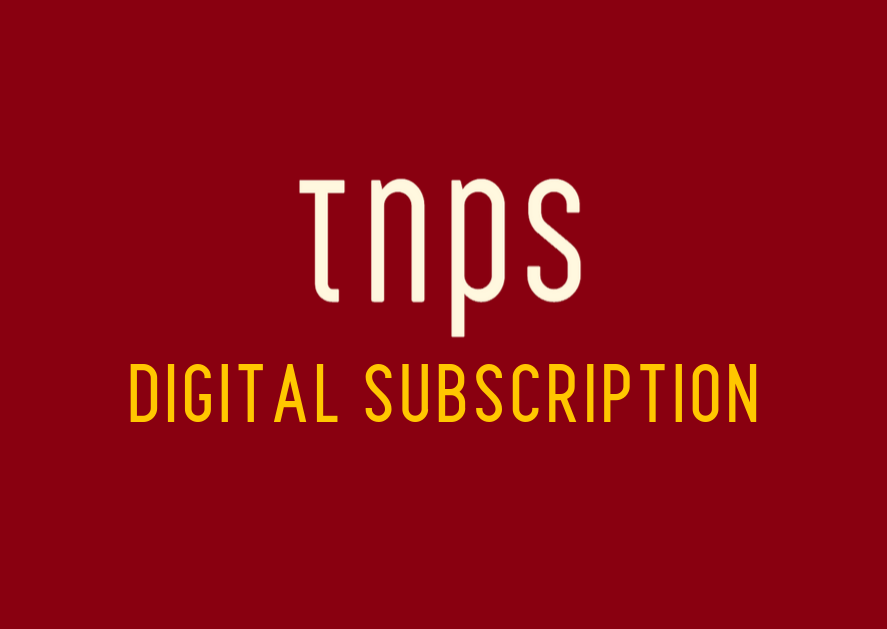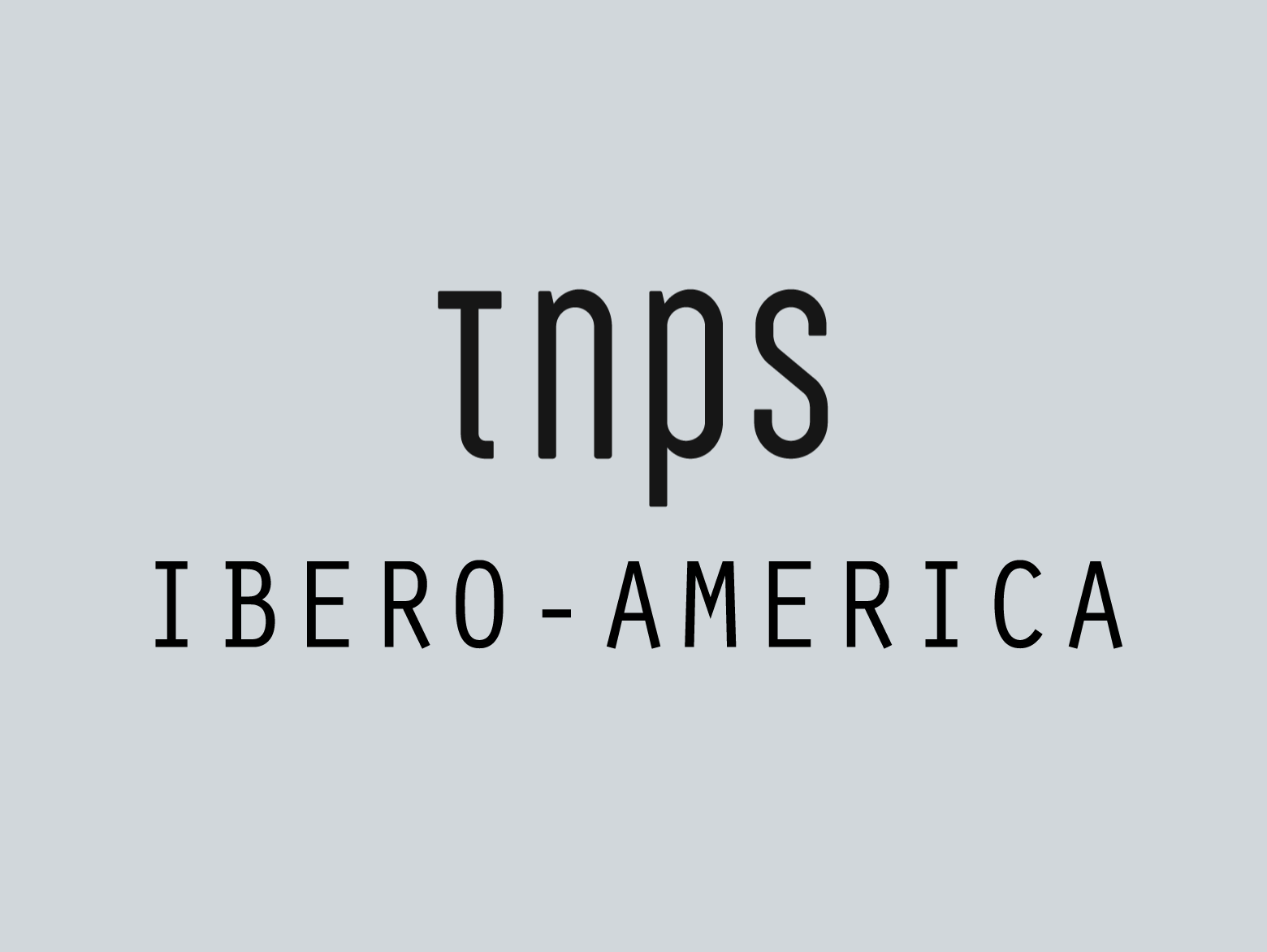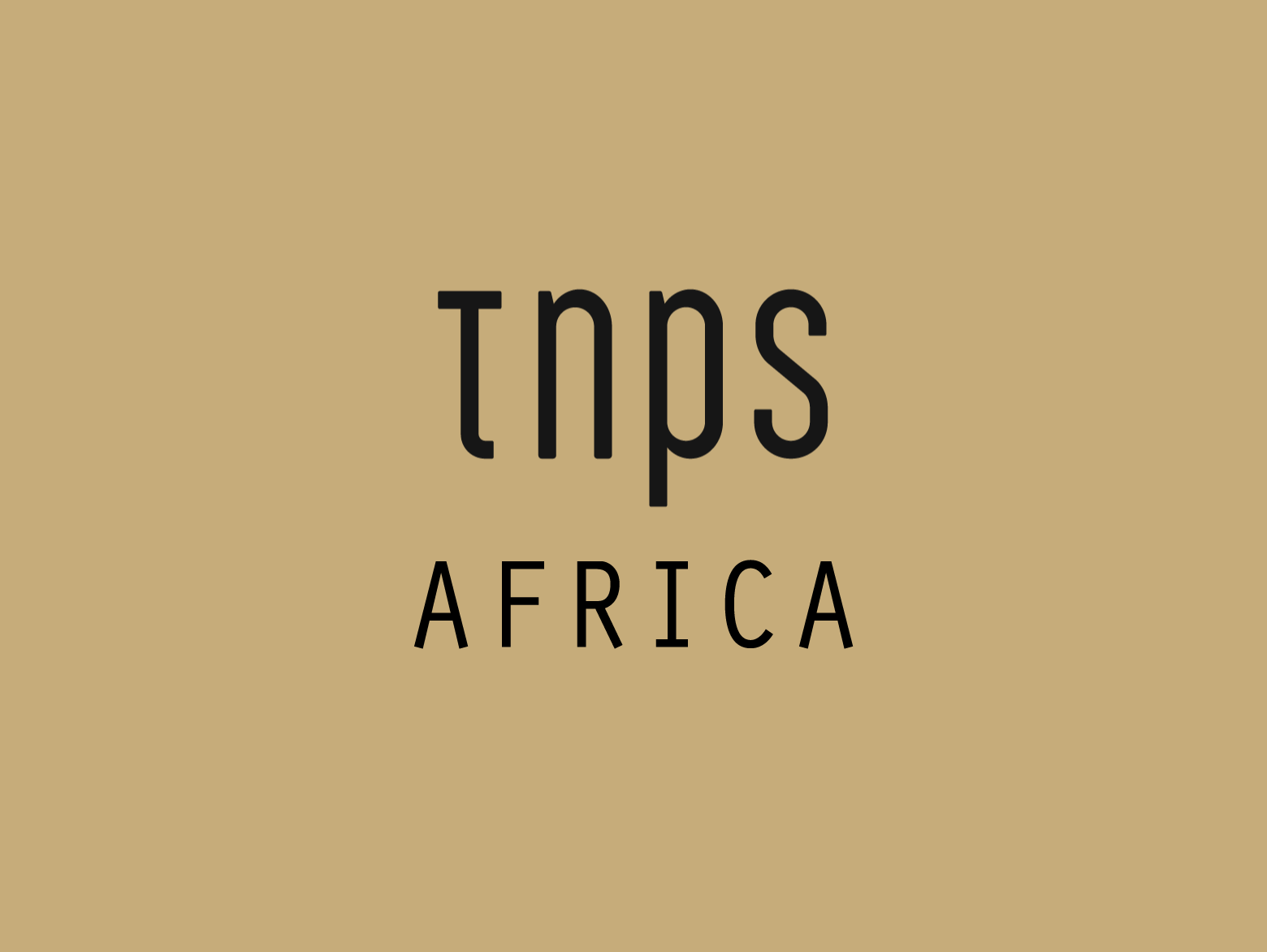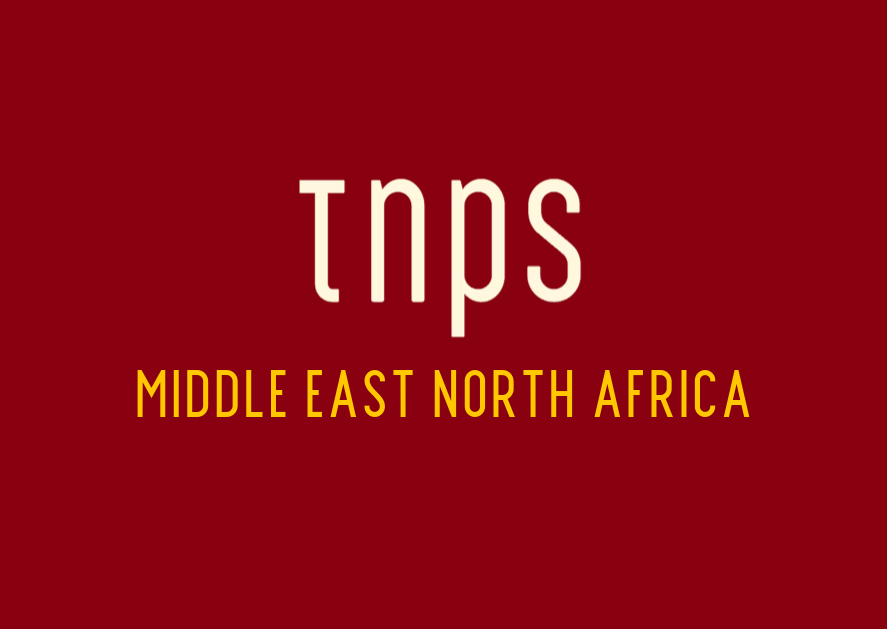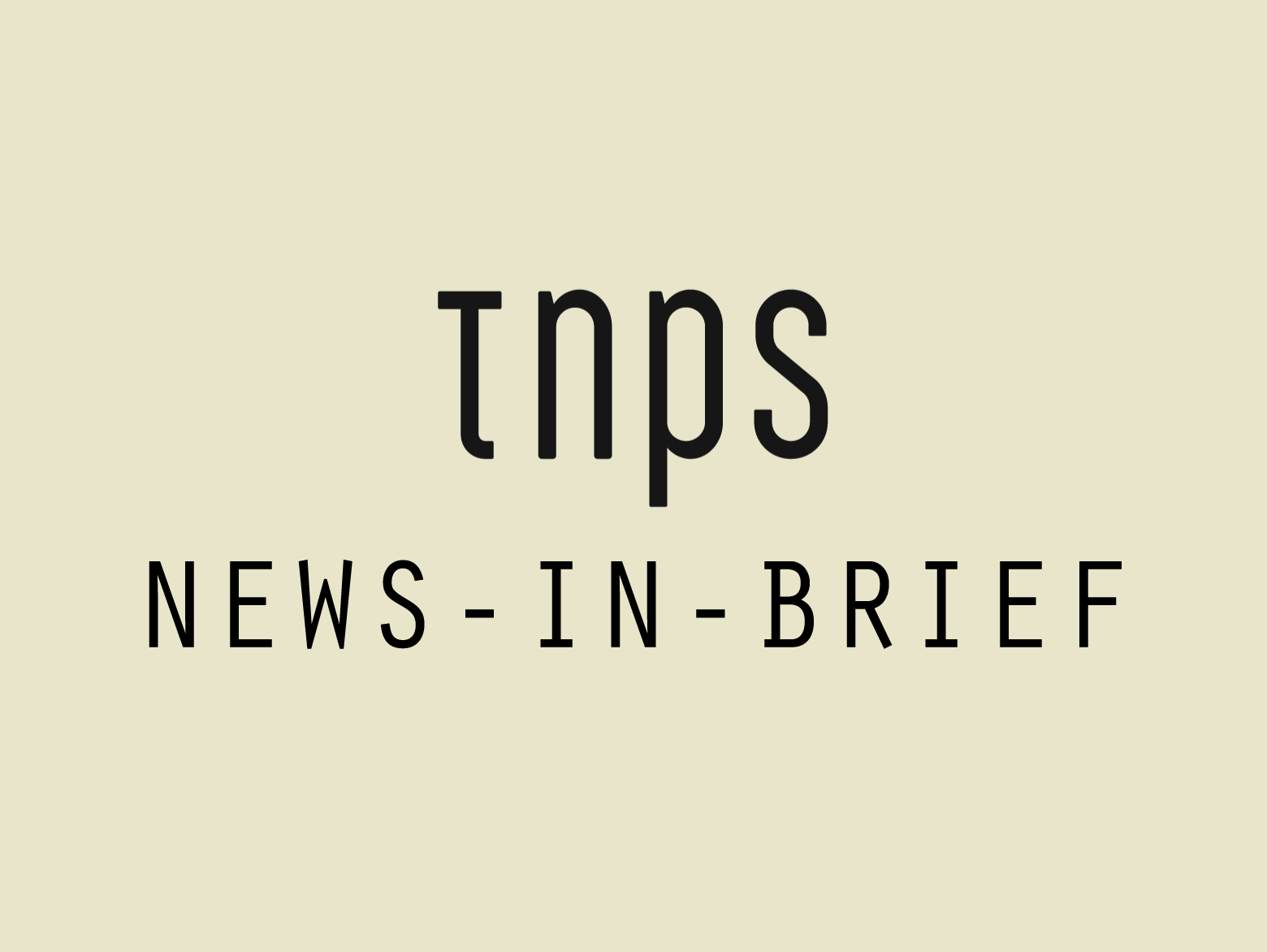The bigger picture here is the slow but inexorable spread of the subscription model across the global publishing industry despite the best efforts of many publishers to keep the model at arms length.
Way back in pre-pandemic 2020 Deloitte valued the global book market at between $145-$150 billion. The 2021 figures, when they come to be counted, will no doubt be higher, at least for those countries that had a digital strategy.
But as we begin the countdown to 2022 the publishing industry remains locked in anachronistic twentieth-century PublishThink, with exceptions we can count on one hand, is still unable to grasp the true value the digital opportunity offers, instead clinging to outdated models of production and outdated approaches to consumer satisfaction, still, it seems, determined to play the gatekeeper, “we know best” role as if we were still in the 1950s when publishing was run by white men in dark suits from gentleman’s clubs.
This past week comes news that ViacomCBS has topped 42 million global streaming subscribers and saw streaming revenue rise 98% in the past quarter. I pick ViacomCBS just for its timing. Insert Disney+, Paramount+ Netflix or any other streaming service and the only difference will be the scale of the rise in subscribers and revenue.
Tot up the subscriber numbers around the world and streaming is not just a billion dollar industry sector – it’s a billion person industry sector. No, make that billions, plural, as we factor in all the different trans-media digital subscription services being subscribed to. It’s important to remember this is not an either/or choice between media or even between services in a particular media sector.
Yet only a handful of these subscribers are reading or listening to books on such a subscription service, and there’s one very good reason why: because publishers are doing their best to keep the subscription model at bay, as a perceived threat to the status quo.
Kobo Plus is a case in point. Initially launched in the Netherlands, where publisher resistance to the subscription model is lower and consumer appreciation unsurprisingly high, the subscription arm of the global digital books retailer Kobo one year ago managed to tempt enough publishers on board to launch in Kobo’s homeland, Canada. (Kobo is now actually owned by a Japanese operation but is still based in and run from Canada).
Kobo isn’t sharing its real numbers, and we can expect these to be tiny compared to the figures rolling out for video-on-demand subscription, but in an indie-author-facing post on Kobo Writing Life Kobo the Kobo team shared its delight at how Kobo Plus Canada has been performing these past twelve months.
A year ago, this was a new venture for us. We hoped to replicate the success we saw in the Netherlands, to reach a new audience of subscription readers, and help KWL authors grow their Canadian readerships. Twelve months later, and we’re thrilled with the results that Kobo Plus is bringing us! KWL authors are earning more than ever, and indie books are a vital part of the Kobo Plus catalogue.
Some interesting semi-stats from the KWL Kobo+ promo:
• Kobo Plus readers love box sets
• The most-read genre is contemporary romance, followed by action/adventure, paranormal romance, and mystery/thriller.
• Many Kobo Plus subscribers are new to Kobo and the most-read titles in Kobo Plus are typically different to those sold a la carte.
• Since last year, we’ve added Portugal to our list of Kobo Plus countries, and we’re planning to expand further in the near future.
Kobo Plus is of course one of the lesser-known and smaller-reach digital books subscription services, despite its international retail arms, and to be sure we cannot read too much into the sketch KWL offers us of how the Kobo Plus Canada venture is doing.
But the bigger picture here is the slow but inexorable spread of the subscription model across the global publishing industry despite the best efforts of many publishers to keep the model at arms length.
In the previous TNPS outing on this subject we looked at Pearson Plus, the newly launched text book subscription service.
And in the next post we’ll take a look at how Amazon is slowly undermining publisher resistance to the subscription model.

